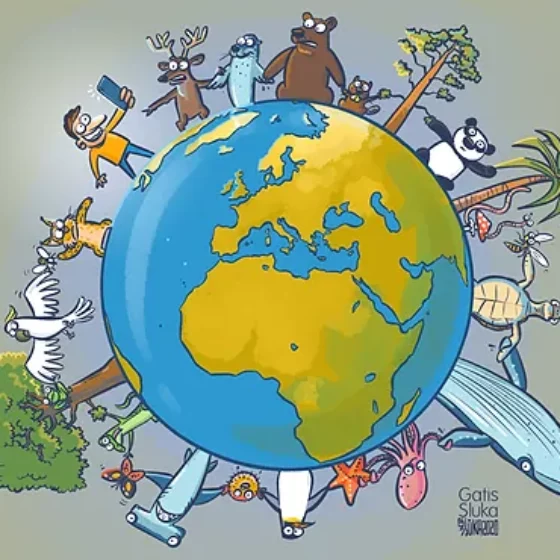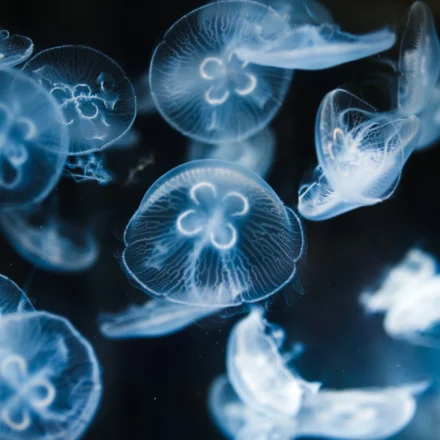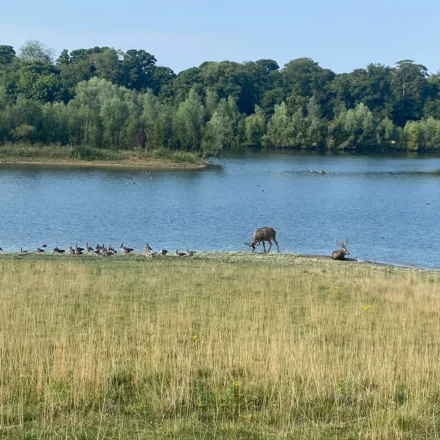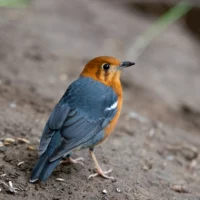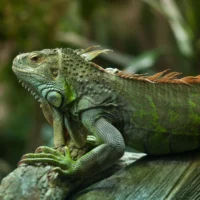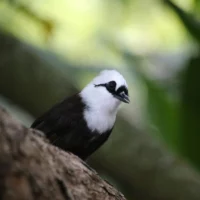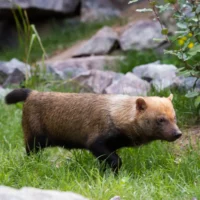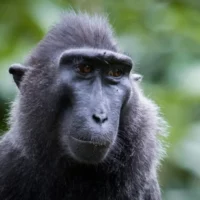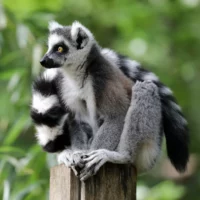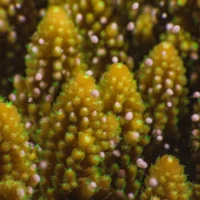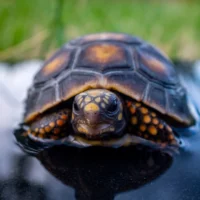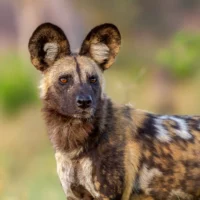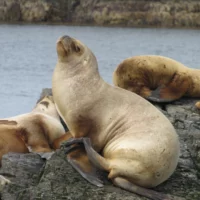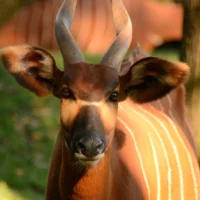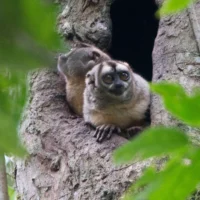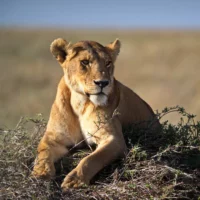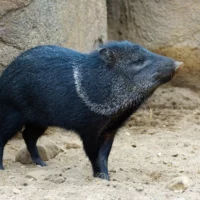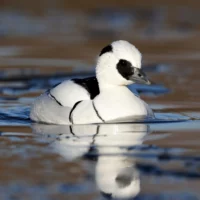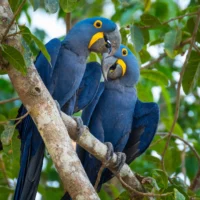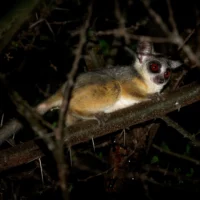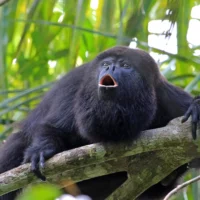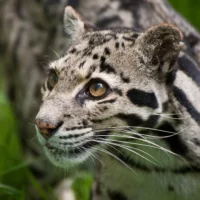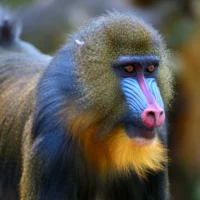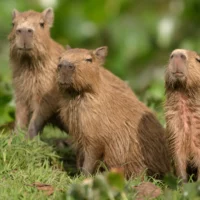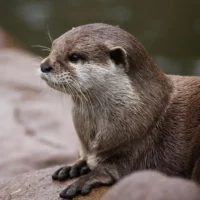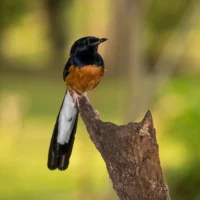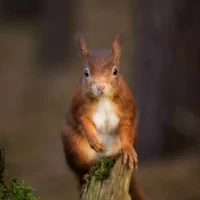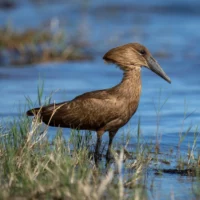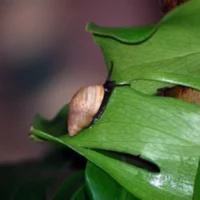Nature’s SAFE, Europe’s first living biobank for endangered animals dedicated to halting the catastrophic decline in global biodiversity, is pleased to announce that it is joining the Global Coalition #UnitedforBiodiversity, initiative of the European Commission.
The Global Coalition for Biodiversity focusses on the planetary emergency the world is facing, fuelled by the impacts of humans, and highlights the warning from scientists that one million species are at risk of extinction, not in the distant future but within a few decades. Now is a crucial moment for the conservation movement to co-operate and speak out ahead of the upcoming 15th meeting of the Convention on Biological Diversity (CoP 15) in China this autumn.
The Global Coalition was launched on World Wildlife Day in March 2020 by EU Commissioner for Environment Virginijus Sinkevicius, calling on all world zoos, aquariums, museums, botanic gardens, national parks, research centres and universities to join forces for nature. Nature’s SAFE is proud to add its voice to 40 organisations and more than 250 institutions from 49 countries, such as Chester Zoo and EAZA.
The mission of Nature’s SAFE, registered charity No 1192876, is to save animals from extinction, by collecting, indefinitely storing and regenerating reproductive cells and cell lines from endangered animal species. This is achieved by harnessing regeneration and reproductive technologies developed for domestic animal breeding. Nature’s SAFE is processing and storing live reproductive cells and tissues as well as skin cells from endangered species that can subsequently be used to facilitate animal regeneration and species restoration. Working in collaboration with Chester Zoo and The Rhino Fertility Project at the University of Oxford, Nature’s SAFE is supported by the European Association of Zoos and Aquaria (EAZA) Biobank to achieve its mission. Nature’s SAFE is building a unique network of expertise to enable cutting-edge reproductive and cryopreservation science to be delivered to endangered animal breeding programmes.
“On eve of World Biodiversity day this 22nd May with the theme of “We’re part of the solution #ForNature”, it is a most appropriate time for us to become an official supporter of the Global Coalition for Biodiversity”, said Dr Rhiannon Bolton MRCVS, Cofounder and Charity Coordinator at Nature’s SAFE. “We hope that our approach of using cryopreservation of cells from endangered animal species will make a vital contribution to the aims of #UnitedforBiodiversity.”
Nature’s SAFE has currently cryo-preserved multiple cell types from many endangered animal species including the critically endangered mountain chicken frog, Javan green magpie and pied tamarin. The charity builds on over 30 years of experience in equine reproduction and equine rare breed preservation of Tullis Matson, Chair and Founder of Nature’s SAFE, and uses specialised cryopreservation media and techniques.
“To be able to apply our long experience to some of the world’s most endangered species and knowing that we are saving such important animals is a great honour, and we are pleased to be involved in this global initiative” said Tullis.
“Having watched and learned of the demise of so many species that are essential for the planet’s biodiversity, the creation of Nature’s SAFE, the biobank that will preserve species before they are lost, support conservation and enable their resurrection if needed, is absolutely critical. Without Nature’s SAFE, for many species already so near the brink of extinction, there will be no return. With Nature’s SAFE – there is hope” said Professor Suzannah Williams, Chief Scientist of Nature’s SAFE and founder of Rhino Fertility Project.
Nature’s SAFE calls on all its partners to join the Global Coalition, endorse its common pledge [SS(1] and raise awareness of the importance of the CoP15 negotiations and biodiversity preservation.
Find out more about the Global Coalition, the importance of biodiversity and CoP15 on social networks via the hashtags #UnitedforBiodiversity #CoP15 #ForNature
Interested institutions can contact ec-biodiversity-coalition@ec.europa.eu and gilles.doignon@ec.europa.eu for further information or to sign up.
Official webpage of the Global Coalition #UnitedforBiodiversity:
https://ec.europa.eu/environment/nature/biodiversity/coalition/index_en.htm
